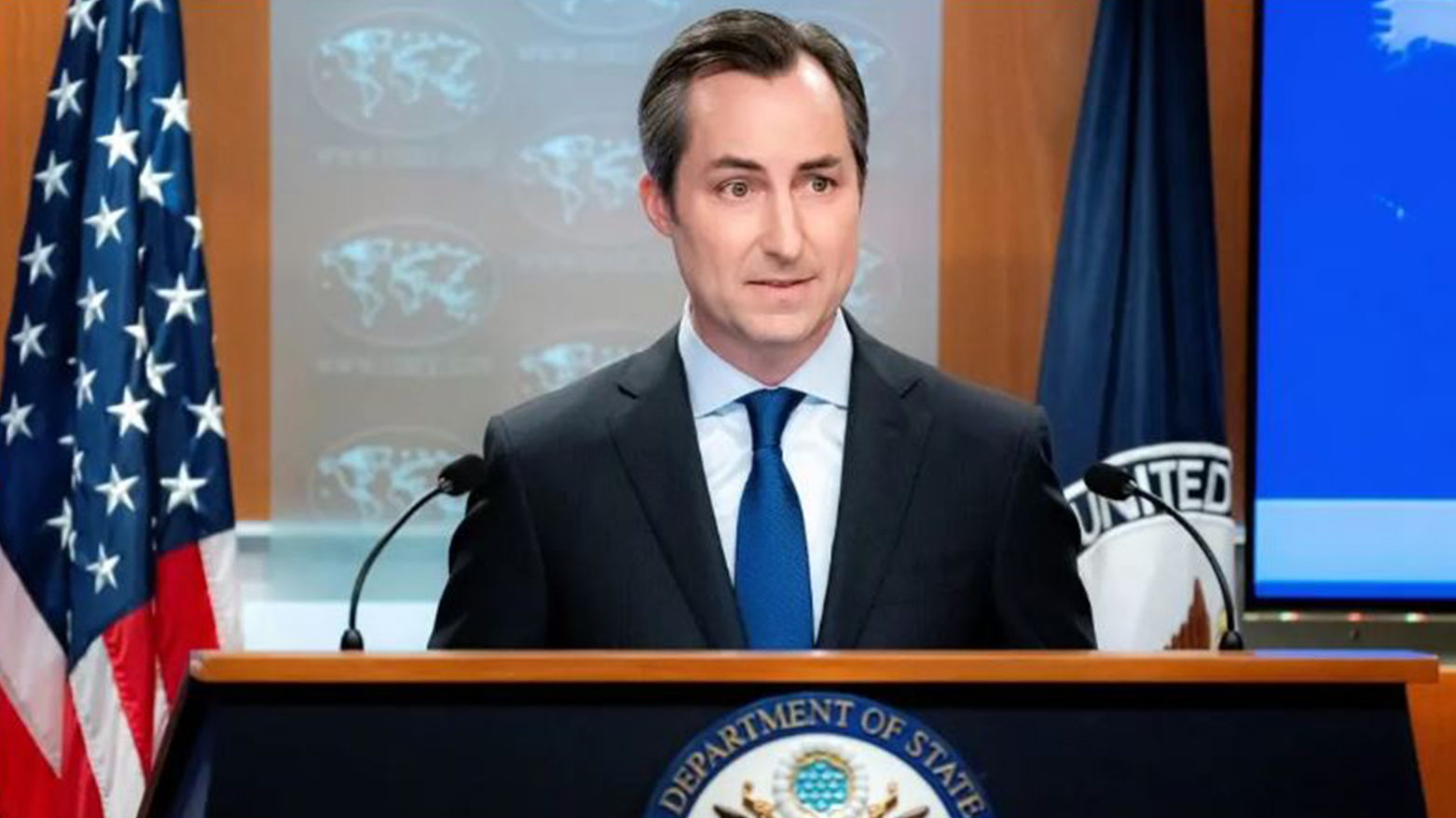US condemns arrest of human rights activists in Iran: State Dept spox
Geravand had earlier died after she was attacked in an Iranian metro for not wearing a hijab.

ERBIL (Kurdistan 24) - US State Department Spokesperson Matthew Miller in a statement on Tuesday condemned Iranian authorities for their “violent assault” and “unjust detention” of human rights activists during the Oct. 29 funeral for the young Iranian-Kurdish woman, Armita Geravand.
“We once again condemn the Iranian regime’s horrific treatment of its own people, including its campaign of violence against the women and girls of Iran.”
Geravand had earlier died after she was attacked in an Iranian metro for not wearing a hijab.
“The United States will continue to stand with the brave people of Iran and work with the international community to hold the regime accountable for its human rights abuses at home and abroad,” Miller concluded.
Nasrin Sotoudeh, an Iranian lawyer, was one of the activists arrested on Tuesday. Sotoudeh has received infamy among Iranian authorities for her women’s suffrage movement and ensuing hunger strikes while in prison.
She has been arrested several times in the past on charges such as espionage, spreading propaganda and conspiring to harm state security.
The Geravand protests come a year after similar protests surrounding the death of Mahsa Amini rocked Iran, reportedly resulting in the deaths of more than 500 protestors.
Iran later accused Iranian-Kurdish militant groups on its Kurdistan Region border of causing the unrest, leading to several drone and rocket attacks targeting the militants in Sept. 2022.
This US condemnation is the latest microcosm of rapidly simmering tensions between the US and Iran as it relates to the Hamas-Israel conflict and the resulting drone and rocket attacks on US military forces and consular staff in Iraq from Iranian proxy militias.
The attacks follow a defiant Iran's warnings to Israel about the repercussions of a Gaza Strip ground invasion, specifically the spread of violence into other regions of the Middle East.
The Biden administration has thus far been hesitant to respond forcefully to the attacks, insofar as to not provoke Iran and cause spillover conflicts in the Middle East.
As Jon Alterman, director of the Middle East Program at the Center for Strategic and International Studies, told Al-Monitor, “Washington is seeking to hold back while simultaneously making clear that it doesn’t need to,” while noting that de-escalation “requires both the capability and willingness to inflict much more damage, while deciding not to do so.”
"The challenge, from a US perspective, is if you never inflict that damage, your adversary doubts your willingness, but if you do inflict that damage, you can get trapped in an escalatory spiral," Alterman added.